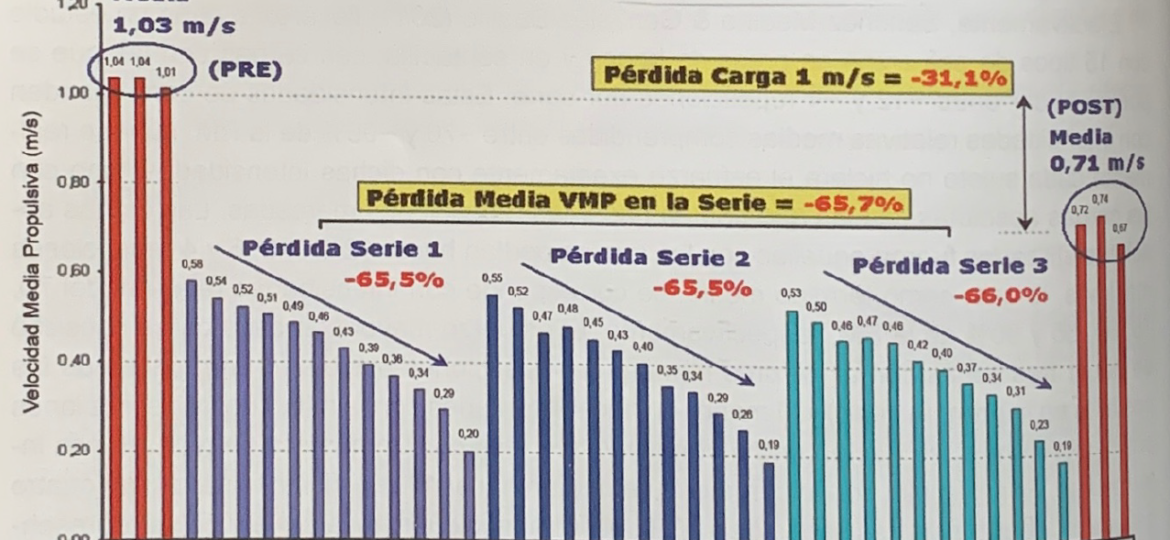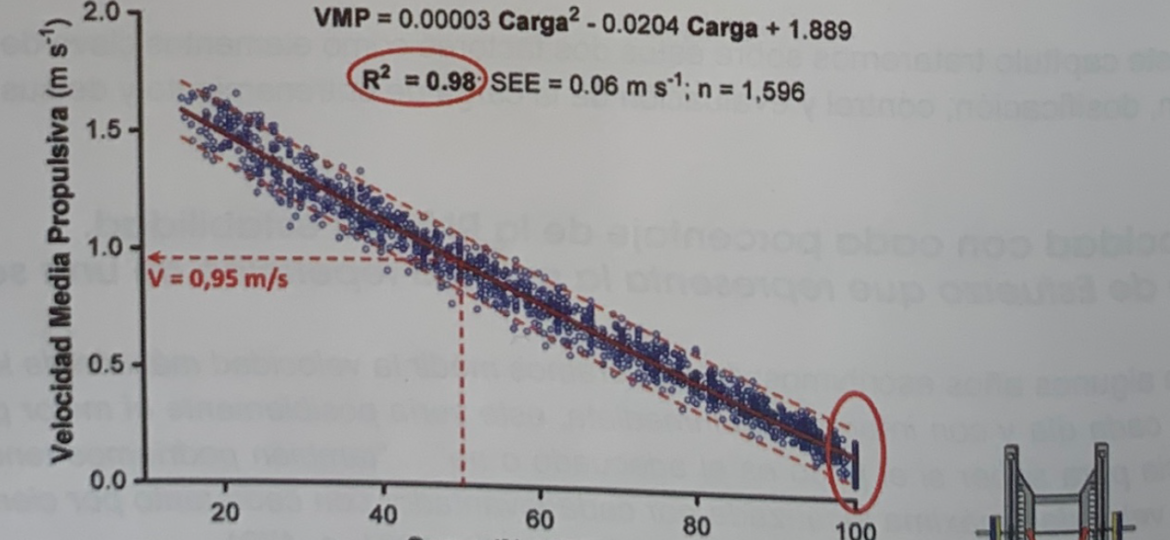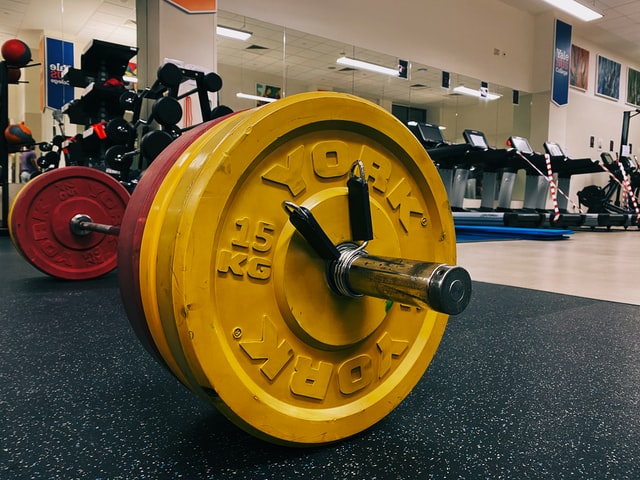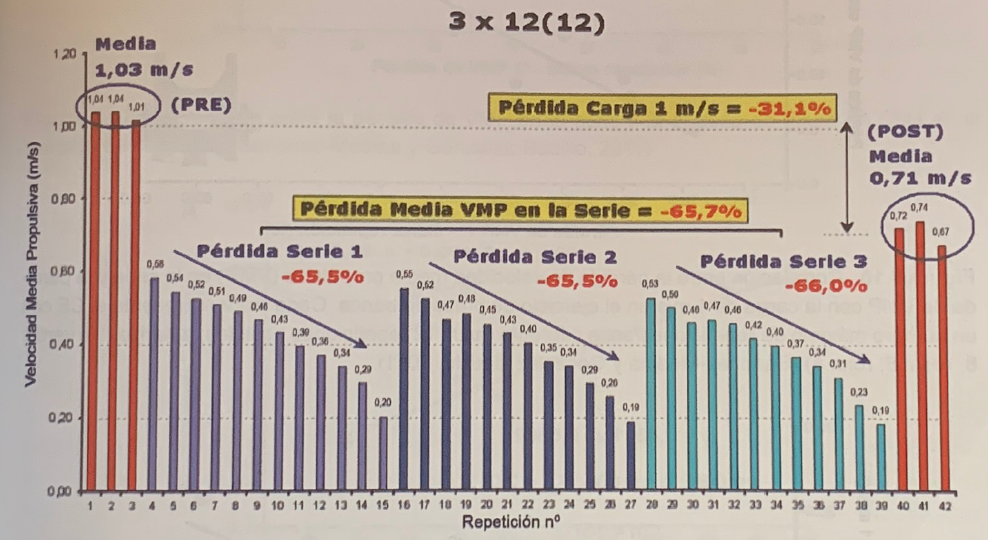The loss of speed in the series and its relationship with ammonia and lactate At this point, the article analyzes the effect of losing speed in the series of repetitions within strength training. In this series of articles we deal…
Fatigue
Contributions of execution speed in training The main contributions of execution speed in training are summarized below, and which have been explained in this other previous article. They are divided into four sections: the contributions of the speed of the…
THE CLUSTER TRAINING, studies carried out AND ITS PROBLEMS The greater or lesser amplitude of the recovery time between repetitions and series is what is known as cluster training or CLT. In this series of articles we deal with some…
3 Factors of sports training In previous articles it has been seen that there are a series of determining factors of the force that a muscle or group of muscles can generate. Afterwards, the influence of muscle activation as the…
Differentiation between central and peripheral fatigue This article reviews the differentiation between central and peripheral fatigue. For a long time, fatigue has been mainly related to factors dependent on what “happened” in the muscle, without taking much into account the…
Fatigue in different types of efforts Fatigue in different types of efforts can be characterized and measured in different ways depending on the duration and intensity of the efforts. In this entry we analyze the various factors that cause fatigue…
Intensity and volume in training loads The organization of intensity and volume in training loads is a basic aspect in training programming. In this entry the considerations of combining volume and intensity are evaluated and the key questions regarding the…
Why exercises with free weights are better than exercises with machines This article analyzes why free weight exercises are preferred over machine exercises for efficient strength development. In this series of articles we deal with some of the most important…
Speed of execution of the first repetition in a series In this article, the importance of the execution speed of the first repetition for the dosage, control and evaluation of strength training is exposed in an orderly manner in order…
When to strength train This entry discusses in a general way when to train strength according to the needs of each subject. In this series of articles we deal with some of the most important concepts of strength training, collecting…
Training density The density is expressed by the relationship between the total work or the number of repetitions performed and the time spent on it. In this sense, it is identified with a way of expressing the overall mechanical power…
The fatigue Fatigue is a complex and multifactorial process that affects performance. Neither the way fatigue occurs nor the hierarchy of factors that cause it in any of the production modalities is still not completely known. In this series of…
The Character of the physical effort A definition of effort is the so-called character of physical effort (CE), originally presented and explained by González-Badillo, in González-Badillo and Gorostiaga (1993, 1995). The CE is defined by the relationship between what the…
Components of training load: intensity Another component of the training load, the intensity depends both on the intensity’s own value and on the number of times (volume) that said value is applied. For this reason, whenever we talk about intensity,…
Components of training load: volume Within the components of the training load, the volume represents the amount of work, the amount of training, the number of actions performed…, which is expressed differently depending on the type of training performed. The…
Acute fatigue of 15 types of efforts with external loads The following article analyzes several studies carried out to analyze acute fatigue in different types of efforts and its relationship with the loss of execution speed. In this series of…

















